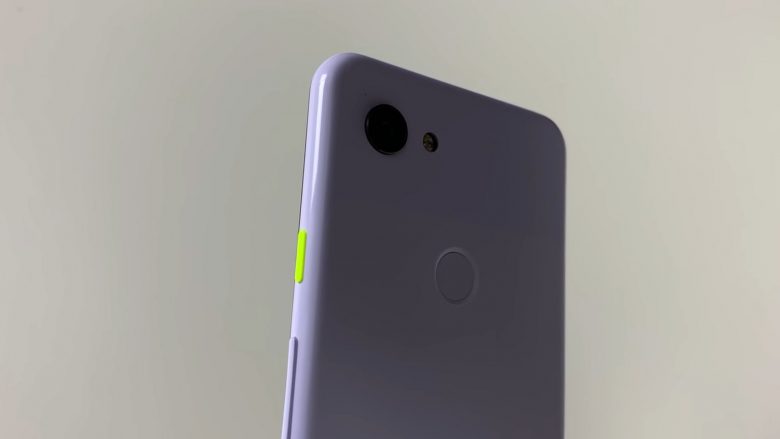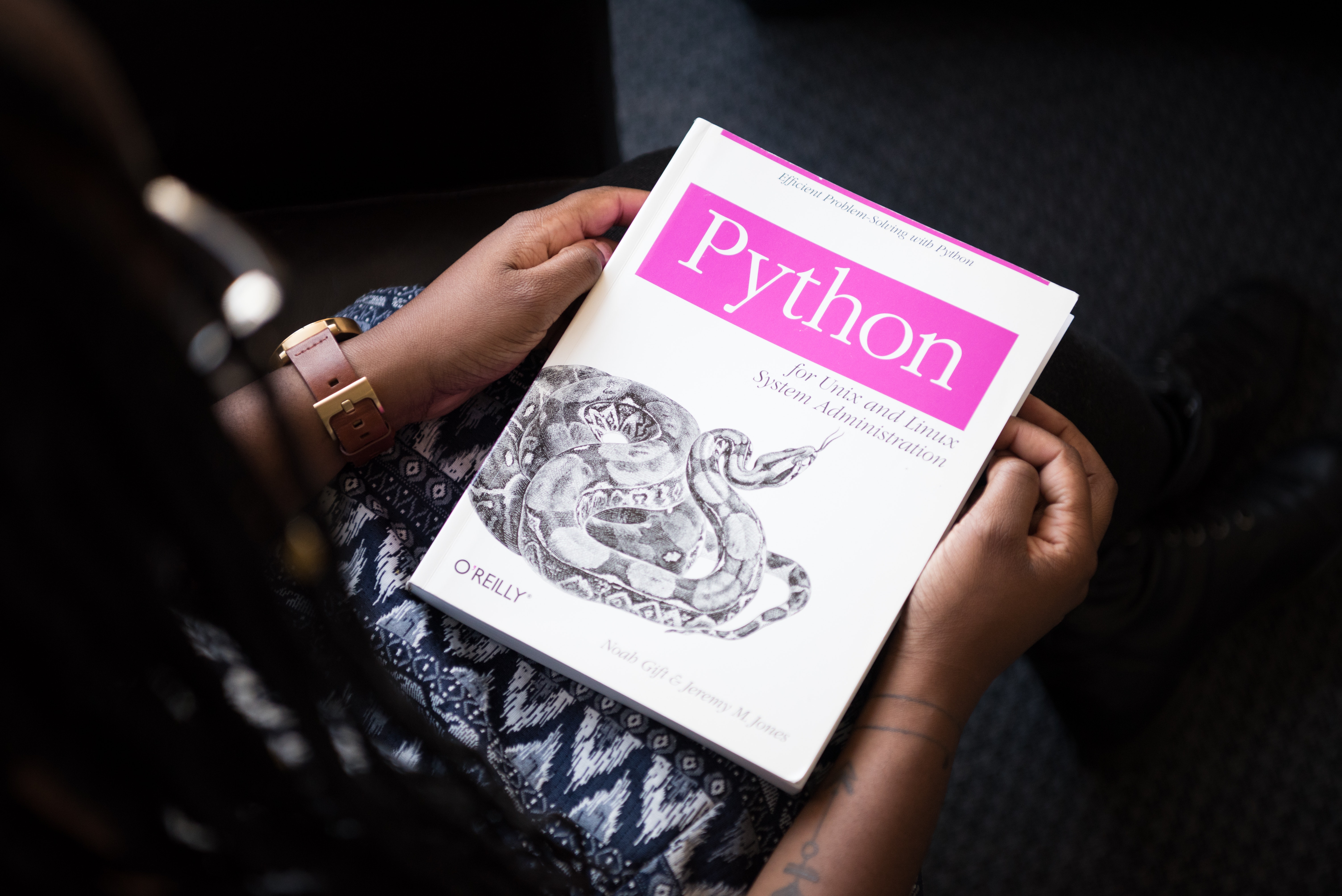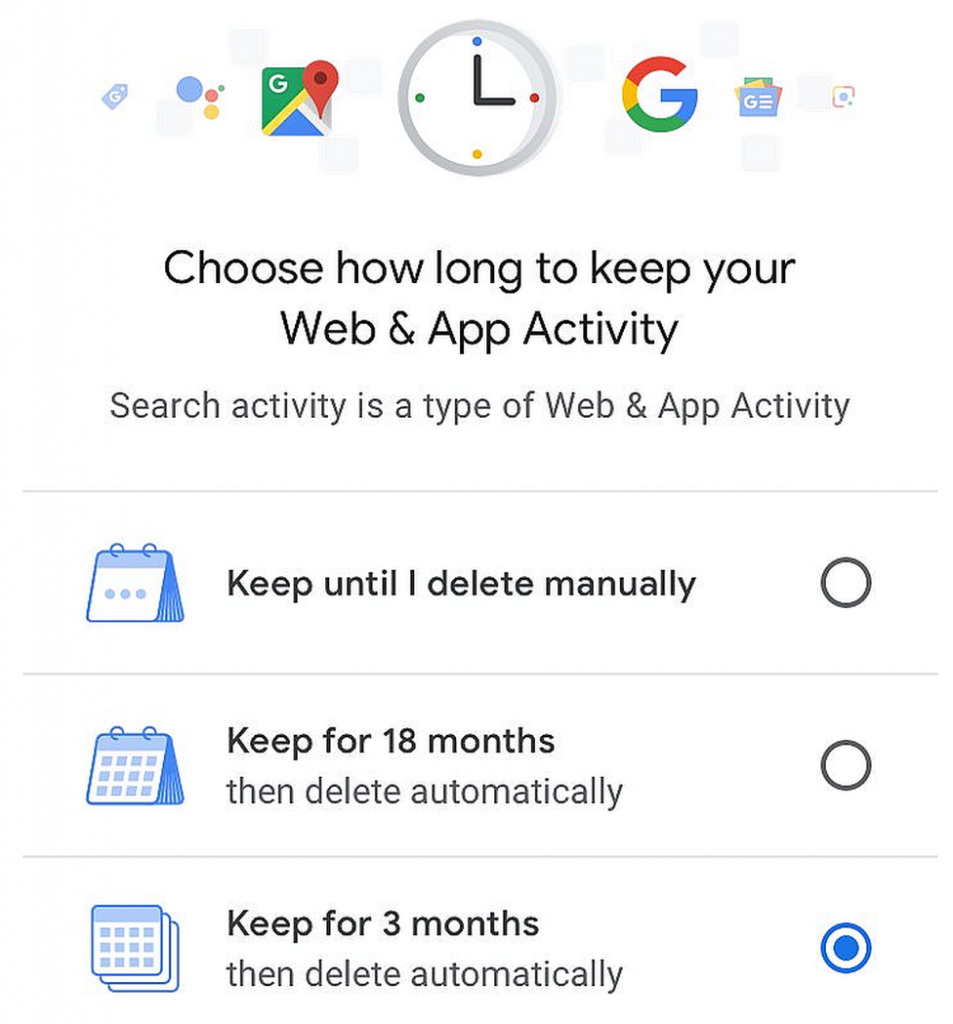Mechanical details are not known, but at least we have images that show us the appearance of the modified Z4.
What is directly seen from the pictures is the wide graphic package. The MANHART Z4 features a gold-colored stripe as well as a few side edges similar to those we’ve seen for years in the Shelby Mustang.
A major difference is that the lines follow the line to the rear wheels. MANHART has chosen to emphasize this part of the Z4 body, as the line has been part of all the generations of Z4.
MANHART has also highlighted the openings on the bumper and backpack with gold-colored stripes. The direction of attention in these massive air slopes is a bold move by MANHART.
These gold-colored lines in the body of the car emphasize the natural shape of the BMW Z4, and make it look more aggressive.
Now we have to wait for the engine specifications and the details of the chassis modification.
> Read Next: This is the Audi E-Tron Sportback, the electric crossover with 330 km range
So what do you think of this? Let us know your thoughts in the comments section below, follow us on twitter and facebook for more news and updates.








































